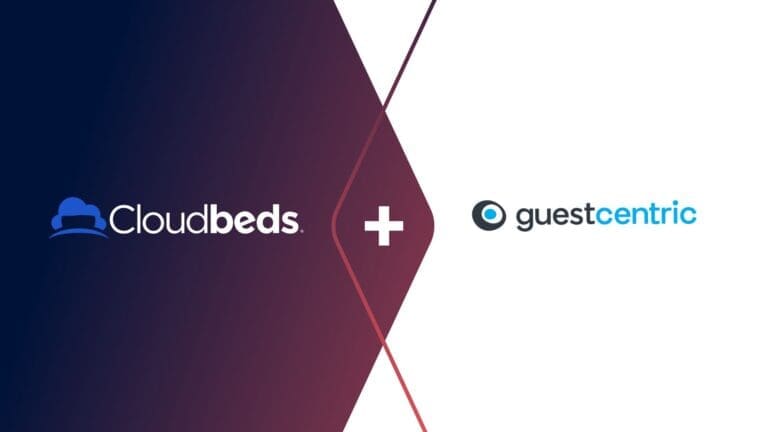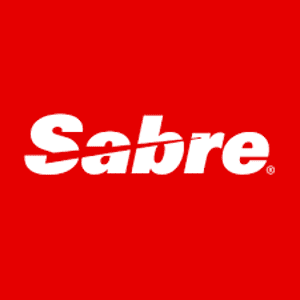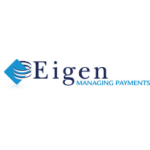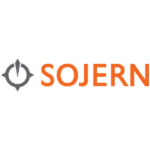 We recently caught up with James Bishop from SiteMinder, a GuestCentric partner for channel management, and we revisited the topic of the latest trends and challenges facing the hospitality world. Direct Booking, of course, was an unavoidable topic.
We recently caught up with James Bishop from SiteMinder, a GuestCentric partner for channel management, and we revisited the topic of the latest trends and challenges facing the hospitality world. Direct Booking, of course, was an unavoidable topic.
Increasing direct bookings might seem like a difficult challenge but the truth is that little tweaks and thoughtful changes can make a huge difference.
Below we list with eight savvy and actionable tips you can implement right now to improve your booking engine conversion:
1. Make your visitors’ life easy
Make sure room names across all OTAs and websites are the same.
According to Fuel and Filp.to, travellers visit 4.4 unique websites before they complete the booking. Why? One of the more important reasons is to compare prices, so if you have exactly the same names it’s clearer for visitors.
2. Keep it simple
Don’t have an infinite scroll of rooms/promotions. Once again, hotels shouldn’t make the booking process harder for visitors. A long scroll of promotions / rooms will confuse and frustrate visitors, making the decision-making process more difficult.
3. Provide exclusive offers
Although hotels might want to maintain the price parity across all OTAs and websites, for contractual purposes, hotels can still provide better offers on their website by offering some extras exclusively on your website. For example, breakfast, a late check-out, extra beds, etc.
4. Create a Members Only rate
Still on the subject of parity, hotels can still have a members’ only rate that is below the OTAs price. This can be a locked price accessible using a promo code that will be lower than all the other rates, making the hotel website the place with the lowest rate without breaking any contractual clauses with OTAs.
5. Have a booking engine loading message
Booking engines take a few seconds to open. Therefore, you should use this time to share an important message with visitors. Hotels can take advantage of it to highlight exclusive perks of booking direct or even reveal the members only promo code.
6. Include urgency messaging (shopping activation)
Like OTAs, hotels can really benefit from urgency. This has a big influence on buying behaviour as it can entice visitors to book faster with less price comparison shopping. It gives visitors a specific and compelling reason to act in the moment and makes them more confident about their choice.
7. Include prices in the booking engine calendar
Taking a page from air travel, making prices for different days available on one screen allows visitors to quickly browse rates and special offers to find the best deals. This view will keep potential customers browsing for far longer than the typical booking process and as a result can increase conversion.
8. Use abandonment messaging (shopping recovery)
Some visitors may have never had the intention to make a reservation in the first place. But it’s worth putting in the effort to resolve as many lingering hesitations as the hotel can, because a significant percentage of them can be persuaded.
To recover lost customers before they abandon the booking engine, setup up the shopping recovery tool with a trigger exit intent. This way, every time a visitor tries to close the booking engine, a message suggesting a better deal will pop-up.
For successful revenue management, getting your direct reservations strategy right is key for a healthy distribution balance. A healthy distribution balance, according to James Bishop, “is going to vary depending on the location, whether they’re rural or urban. But typically, it’s about ensuring they have a good balance of leisure, business travel and MICE.” To achieve this healthy distribution balance ”hoteliers need to work with partners who are in a position to influence travellers in their booking and drive more reservations for hotels. This will create that healthy distribution balance.”
As for the challenges ahead, he predicts that “It’s about understanding guests’ booking data, where it’s coming from, and knowing which channels they’re going to be using this year and in the years to come”. And we could not agree more!
Watch the full interview with James Bishop, Senior Director of Global Demand Partnerships at SiteMinder here.


















